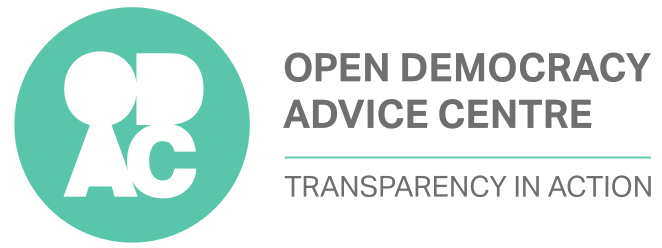Corruption, Whistleblowing and the OGP
- By Gabriella Razzano
Commonwealth countries joined together in London to discuss corruption and bribery at the “Tackling Corruption Together” meeting in Marlborough House. Discussions have obviously been animated, especially after David Cameron’s problematic statements prior to the meetings on the “fantastically corrupt” Nigeria. However, Nigeria used the opportunity to progress their corruption fight in a dramatic and upstaging way: by committing to joining the Open Government Partnership (OGP).
The OGP is growing steam on the continent, with a successful OGP Africa Summit hosted in South Africa in May. Yet the London Summit has focused on an aspect of the transparency environment that has not necessarily seen as much attention as we would hope, and that is the promotion and protection of whistleblowers as vital agents in the fight against corruption.
Within the OGP there is whistleblowing sub-committee, but the improvement of whistleblower protections or projects that facilitate whistleblowing have been thin on the ground in the commitments actually made by governments (Ireland, the United Kingdom and Liberia do show some examples). Part of this links to the need to get the private sector invested in OGP-type transparency, but it also links to the broader malaise in protection of whistleblowers by governments and private bodies.
In fact, at a previous OGP Summit the reality of the weaknesses of the whistleblowing environment in South Africa was reiterated by a speaker talking about the United Kingdom:
"The law that we have in the UK is employment protection and it can only get you so far. It only steps in when damage has already been done to the whistleblower."
The legal and political environments we find ourselves in neither encourage whistleblowing, nor protect whistleblowers once they disclose. Yet, what active steps can be taken on the back of the London Summit that might go some way to creating a better environment, and does the OGP have a role to play?
The truth is the law can create positive obligations for enforcement. When ODAC reviewed the OECDA Anti-Bribery Convention, we saw that one of the strongest elements of the mechanism is its focus on creating an enabling environment for development. And this institution does impact on the practice of private companies, with BHP Billiton noting at the Summit that they focus their business relationships with OECDA countries. OGP countries too have the freedom to develop commitments that focus on environmental change – such as whistleblowing protection. And they need to be actively encouraged to do so.
ODAC are developing a Code of Good Practice on whistleblowing that hopes to go some way to facilitating whistleblowing on a national scale in South Africa. The private sector can then encourage whistleblowing for the benefit of their entire organisation through implementing internal systems and proactively acting on disclosures. And while we believe this will be a game changer to a degree, there remains a broader need to bring whistleblowing to the fore of the transparency conversation both within the OGP, and the other mechanisms that hope to promote good governance.
